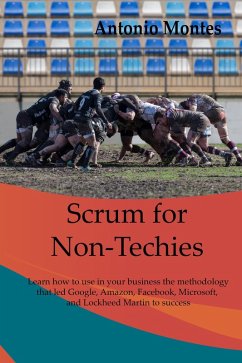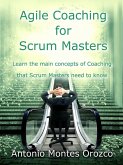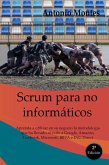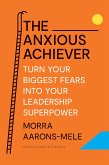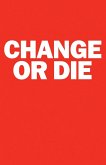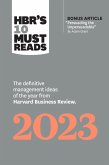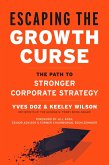But you know well that, in practice, most teams are not such.
The bosses never admit their mistakes. Neither do team members.
And, if someone does it, the boss and co-workers beat them up.
So, everyone thinks: "better to stay silent." Nobody presents new ideas or participates in decisions.
And no one commits to the objectives and results.
There is no team, but a jungle, an "every man for himself."
When trust is destroyed, everything goes to hell.
Many companies and projects fail.
Many professional expectations are frustrated.
Talent and money are wasted, problems such as anxiety and burnout even appear.
But is it possible to create and maintain a climate of trust between people who work together?
The answer is: yes, it is possible to work with people who are accomplices, not mere colleagues or subordinates.
It is possible to work in a team in which you grow personally and professionally with other people. You grow thanks to others and others grow thanks to you.
When this is achieved, toxic people, mediocrity and routine disappear; Motivation and results come naturally.
How is this climate of trust and collaboration achieved?
To answer this question I have written "Scrum for Non-Techies".
It is a book to learn how to form high-performance and highly creative teams based on trust, complicity and collaboration.
This way of working as a team is called Scrum. It started in the 90s, and is the most used in the world of computer programming. The most leading multinationals use it: Google, Amazon, Facebook, BBVA Compass Bank, Lockheed Martin, Microsoft, etc.
But Scrum has spread to environments that have nothing to do with the development of computer programs: schools, town halls, renovation companies, strategic development plans, and other very diverse areas.
In all of them, Scrum has amply demonstrated its ability to generate high-performance and highly creative teams based on trust, complicity and collaboration.
The book will help you understand why Scrum works so well. It is based on the evidence that trust and complicity are born from participation; That's why all team meetings are tremendously participatory.
Scrum for Non-Techies will also give you the tools to apply this way of working in any type of project.
You will learn how not to waste time on things that do not add value.
You will learn to maintain sustainable work rates to avoid burning out the team, and to maintain creativity and reduce errors.
You will learn how the team can learn from mistakes and apply continuous improvement as a common practice.
You will learn what leadership really is.
And much more...
I know very well what I'm talking about, as I have extensive professional experience in the application of Scrum and in team coaching. I met it in 2006 and I have specialized in it, working as an employee and as an independent consultant.
Additionally, in 2014 I was certified as a Scrum Manager, and in 2015 as an Agile practitioner by the prestigious Project Management Institute. In 2020 I obtained the Master "Coaching & Mentoring Fundamentals for Agile" from the Escuela Europea de Coaching in Spain.
The time has come to leave behind the teams in which your opinion and judgment do not count. The time has come to work in high-performance and highly creative teams based on trust, complicity and collaboration. You are one step away from achieving it.
Dieser Download kann aus rechtlichen Gründen nur mit Rechnungsadresse in A, B, CY, CZ, D, DK, EW, E, FIN, F, GR, H, IRL, I, LT, L, LR, M, NL, PL, P, R, S, SLO, SK ausgeliefert werden.

